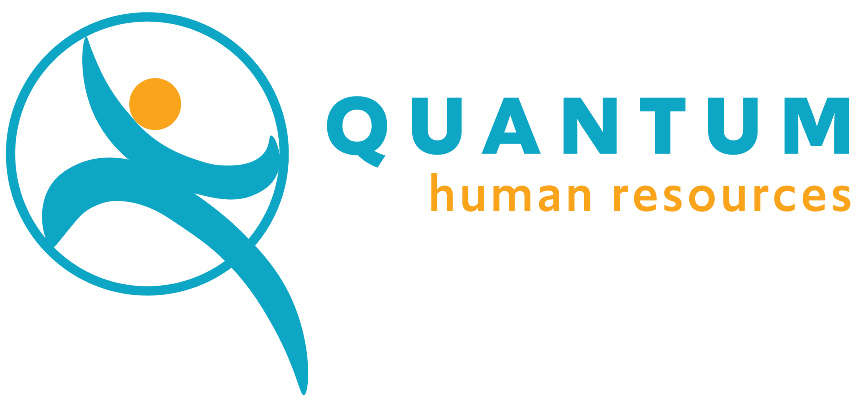by Rob Sheppard
[Approx 3 min read]
2024 marks the year for businesses in Australia to be more aware than ever of how they operate – both in terms of the suite of new employment laws they face and the way businesses attract and retain their workforces.
It is especially crucial for SMEs to be aware of the changes in employment conditions and entitlements as they continue to expand their operations (issues impacting 2-3 team members will be exponentially worse for a workforce of 10-12).
The national spotlight this year (and beyond) is on enforcing these new laws and penalising employers for breaching them – addressing such issues as underpayment of wages or superannuation, freedom from bullying and the right to disconnect from work.
As with all change however, it also presents an opportunity to ensure that the foundations to your business are solid *and* consider new ways to foster the ‘best possible relationship’ [engagement] within your teams.
Changing landscape of conditions and entitlements
In 2024, Australia entered a period where the focus on worker conditions and entitlements will be more prominent than ever – signaling some of the most consequential changes to industrial relations since the commencement of the Fair Work Act (2009).
Legislation has been implemented (or is due) that now strengthens the penalties employers face when they breach these laws or allows the regulators to issue more definitive directions.
This quite correctly shifts the focus onto creating even fairer and more inclusive work environments for everyone… with your team likely already aware of these changes because of social and mainstream media coverage.

check the changes before it’s too late.
If you haven’t done so already, visit the Fair Work Ombudsman (national system employers) or visit the Department of Energy, Mines, Industry Regulation and Safety (WA system employers) for a detailed list of the changes for your business.
Business as usual – for compliant employers
For those employers who are already committed to doing the right thing, adapting to these new laws may simply require a shift in monitoring and providing for these regulations.
While it may initially seem like a significant change, for many businesses adhering to ethical employment practices, it should be business as usual.
By staying informed and implementing necessary adjustments to comply with the evolving legal landscape, you can continue to confidently meet your lawful obligations.
The importance of the ‘Best Possible Relationship’
At QHr, we believe that compliance to the law goes hand-in-hand with addressing concerns with employees directly and that these two factors will become more critical than ever.
Once compliance is in place, business leaders can then safely think about ways to help supervisors, managers and leaders develop their ‘super skills’ necessary to engage with and discuss issues with their teams.
In the ‘old days’ these super skills were considered ‘soft’: however, there is nothing soft about them as, if there were, every Hr consultant and lawyer would be out of a job overnight!
Recently, we also started developing the concept of the ‘best possible relationship’ into the work we do with clients – this is inspired by the work of Michael Bungay-Stanier.

who wouldn’t want to see a 30% improvement in any aspect of their business – especially between individuals?
Building the ‘best possible relationship’ involves cultivating open communication channels, fostering trust and actively addressing any concerns or issues that may arise – all in an effort to find at least a 30% improvement in how individuals interact and work together.
This approach can only be truly successful in Australian businesses when built on top of a strong foundation of compliance with employment laws (otherwise both parties will constantly be ‘looking over their shoulder’).
And if it’s all still confusing?

Contact one of our team who will be happy to help you navigate these changes- simply click the link below and reach out to us now.

